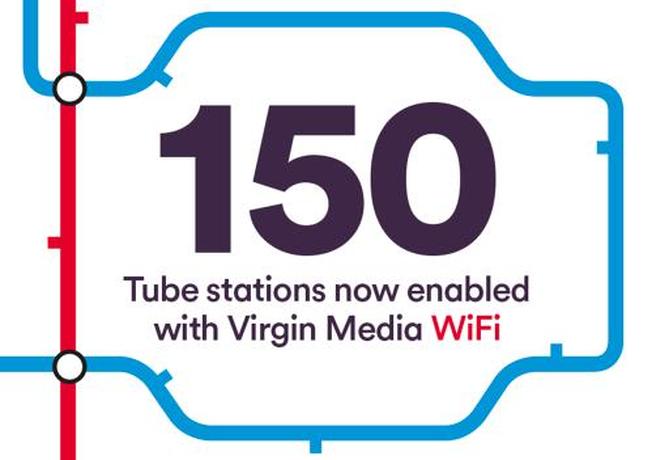Sophos flags security holes in London Wi-Fi hotspots
Security vendor hits out at widespread use of legacy router hardware across the Capital.

Security vendor Sophos has expressed concern over the number of London Wi-Fi hotspots that use the obsolete Wired Equivalent Privacy (WEP) encryption method.
James Lyne, director of technology strategy at Sophos, recently embarked on a cycling tour of London on a bike kitted out with a wireless network detection system.
Using GPS technology, Lyne was also able to create a "heat" map, depicting levels of wireless network security around central London.
His experiment uncovered 106,874 wireless hotspots scattered across more than 91 miles of London. Eight per cent of these were unencrypted, while 19 per cent were secured using the outdated WEP method of encryption.
Speaking to IT Pro, Lyne said: "I don't think people connect the security of wireless with the kind of information that can be stolen and the type of attacks that are possible."
As long as it is still working, people don't bother changing it.
The remaining networks used WPA or WPA2 encryption, which Sophos has no truck with, providing users do not rely on default or easy passwords to access them.
Sign up today and you will receive a free copy of our Future Focus 2025 report - the leading guidance on AI, cybersecurity and other IT challenges as per 700+ senior executives
Lyne said the widespread use of WEP could be partly down to the large numbers of legacy routers in the Capital.
"I have not seen a device for a good long time that is not, at least, capable of WPA encryption," he said.
"There is clearly a legacy [hardware issue] that needs to be handled...but, as long as it is still working, people don't bother changing it."
He also called on networking vendors to make their wireless routers easier for end users to configure, claiming some may not realise their settings are leaving them vulnerable to attack.
"Why in the wireless network configuration do they call [the encryption level] WPA2? Why don't they make the default level strong security' and, if [users] need a lower level, have a warning box pop up that...makes them aware of the risks," he suggested.
"I think there's a lot that can be done to simplify this and make these devices easier for people to set up."
-
 The IT Pro Products of the Year 2021: The year’s best hardware and software
The IT Pro Products of the Year 2021: The year’s best hardware and softwareBest Our pick of the best products from the past 12 months
-
 Telehouse to expand London Docklands data centre campus
Telehouse to expand London Docklands data centre campusNews The new 31,000 square metre data centre will open in 2022
-
 Virgin Media now offers free Wi-Fi at 150 Tube stations
Virgin Media now offers free Wi-Fi at 150 Tube stationsNews Virgin Media now provides free Wi-Fi in 150 different tube stations across London
-
 London SMBs suffer sluggish broadband speeds
London SMBs suffer sluggish broadband speedsNews CEBR research suggest the capitals SMBs are failing to get a good return on their comms investments
-
 Boris Johnson vows to bring "connectivity" to all in London
Boris Johnson vows to bring "connectivity" to all in LondonNews London Mayor wants to rollout a city-wide connectivity network to ensure everyone has internet access
-
 5G network to arrive in London by 2020, claims Boris Johnson
5G network to arrive in London by 2020, claims Boris JohnsonNews London will kick-off the nationwide rollout of the ultra-fast network, Boris Johnson is expected to announce this week
-
 EE to switch on 300Mbps 4G service in East London
EE to switch on 300Mbps 4G service in East LondonNews Mobile operator sets out plans to superfast mobile Wi-Fi services to the capital in 2014.
-
 Tube customers to be charged for Wi-Fi access from January
Tube customers to be charged for Wi-Fi access from JanuaryNews Meanwhile, Vodafone, EE and Virgin Media customers will still be able to enjoy free internet access on the London Tube network.

